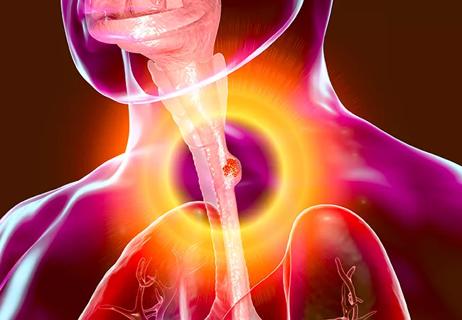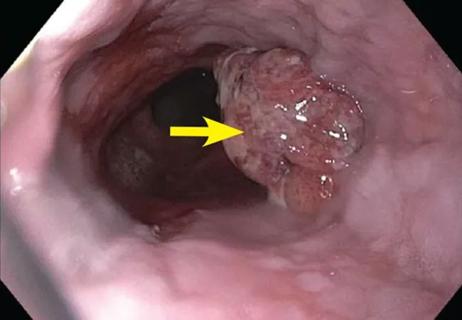Locations:

Microvascular “supercharging” is a critical newer step to promote favorable outcomes

Dysphagia and SUVmax are predictive, but other suspected factors are not

Management is guided by patient and tumor characteristics, institutional expertise

A quick review of several advances in risk assessment and treatment
Advertisement
Cleveland Clinic is a non-profit academic medical center. Advertising on our site helps support our mission. We do not endorse non-Cleveland Clinic products or services. Policy
Advertisement
Advertisement